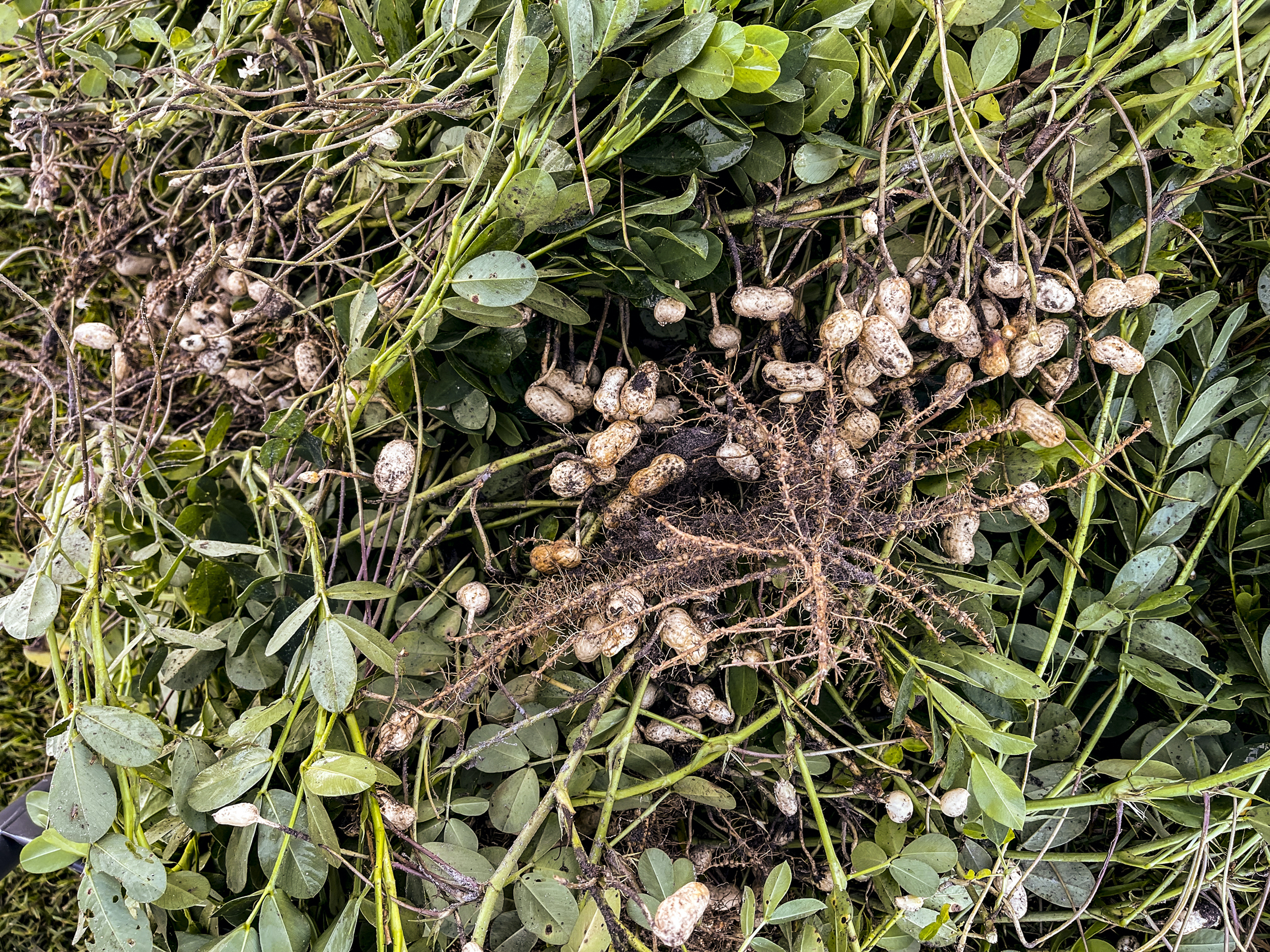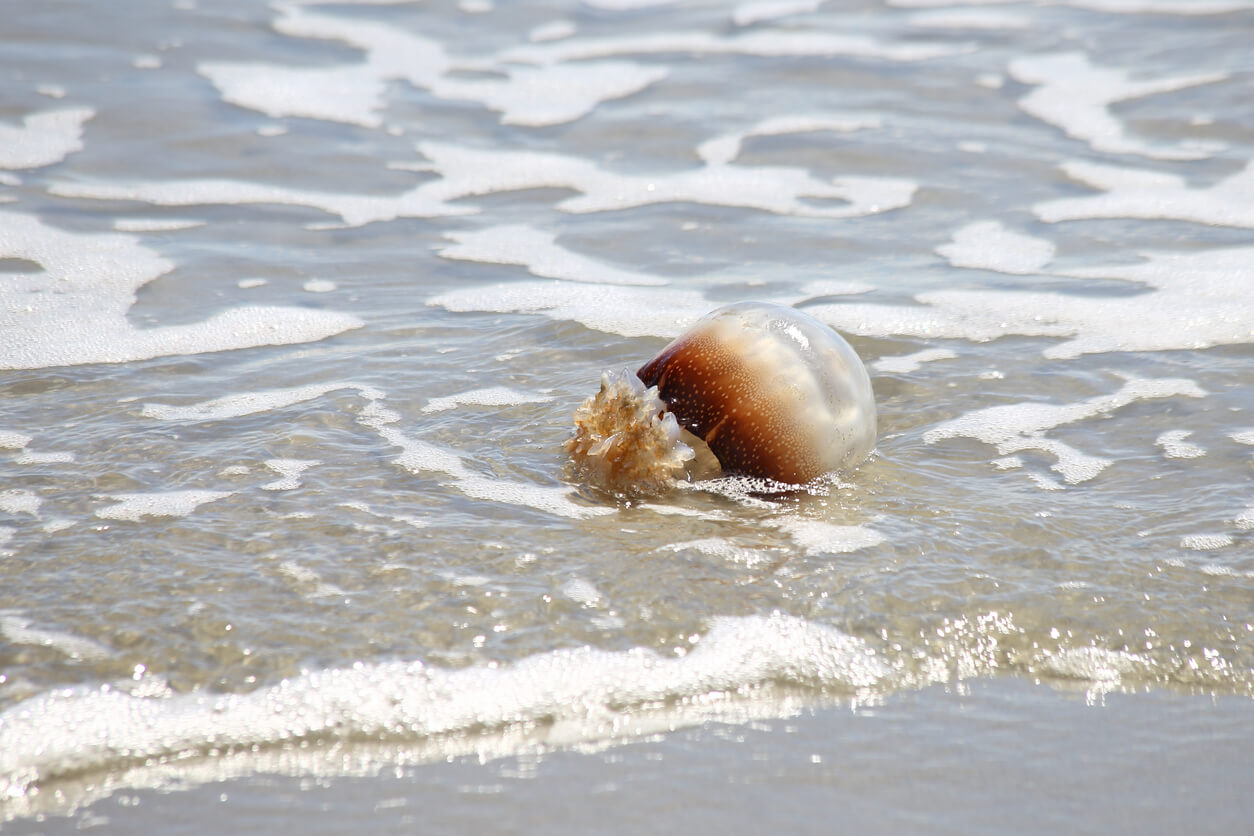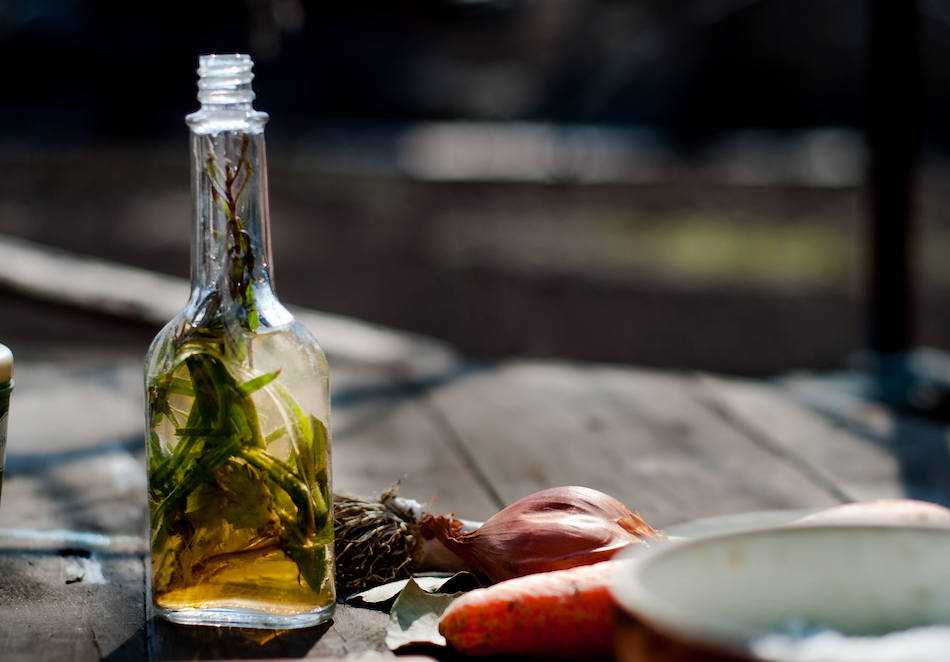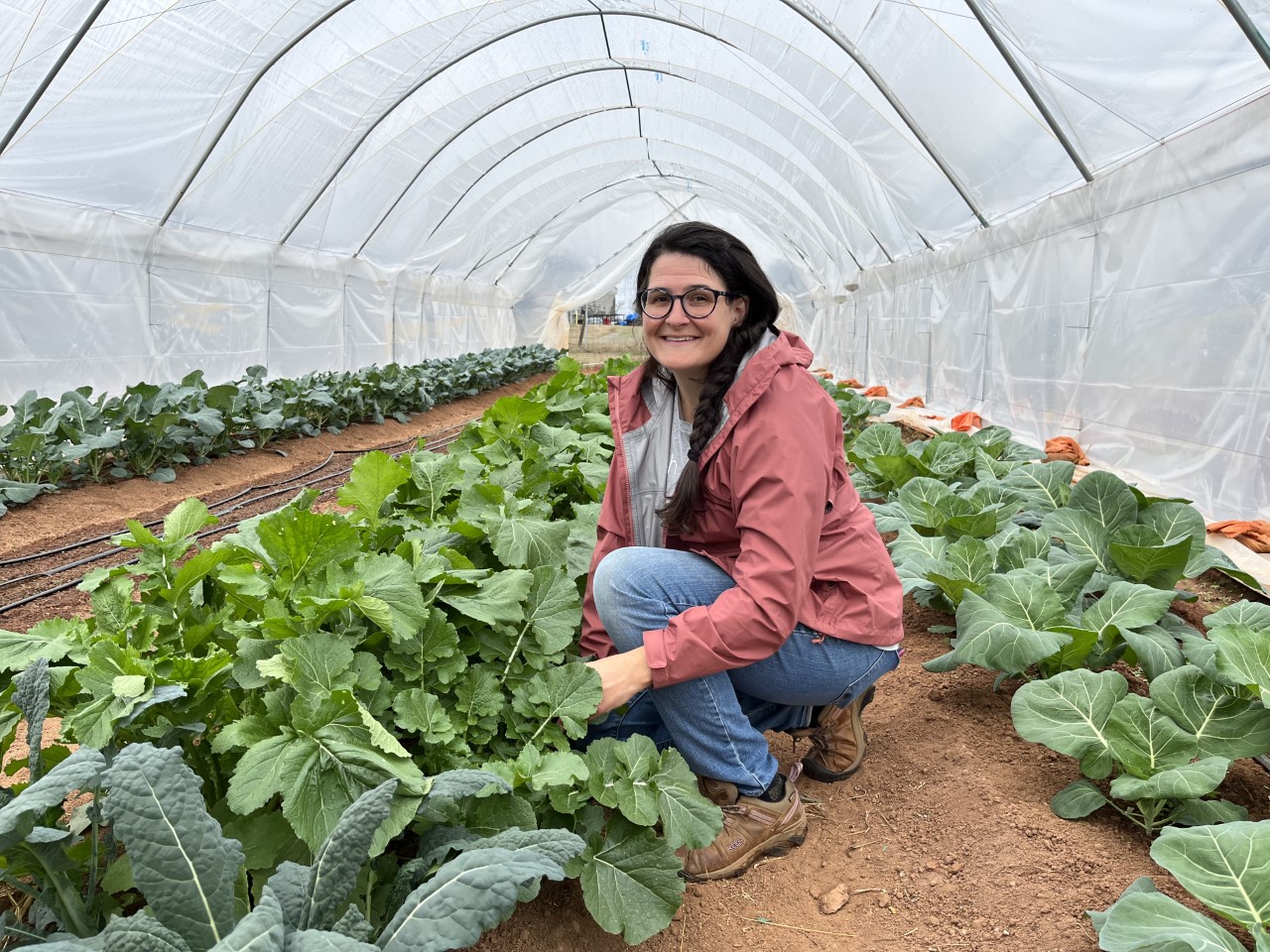 CAES News
CAES News
Don’t get caught under too much mistletoe
While a sprig of mistletoe hung from the ceiling for sweethearts to kiss under is a sweet tradition, too much mistletoe hanging from your trees can lead to trouble later. Its history as a symbol of fertility and love goes back thousands of years, well beyond today’s interpretation as holiday decor, but when you get down to it, mistletoe is a parasite.








.png)